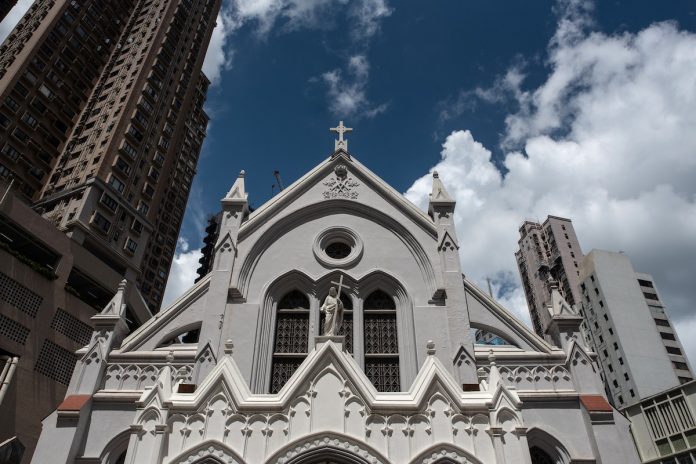Pope Francis is in the final stage of selecting a new bishop for Hong Kong, a media report quoted a source who claimed knowledge of the selection process.
The regional daily South China Morning Post reported on Nov. 14 that the pontiff has been considering three nominations for the post since last year.
A source told the Post that the Vatican had finished conducting a second consultation process with Catholics in Hong Kong in August.
The Holy See was supposed to announce the appointment of a new bishop for the former British colony in June but was delayed supposedly due to concerns from local clergy and lay Catholics.
The Diocese of Hong Kong has been without a permanent bishop since January 2019, when Bishop Michael Yeung Ming-cheung died.
The Vatican has named Bishop John Tong Hon, retired prelate of Hong Kong, to serve as apostolic administrator until a new bishop was appointed.
“This position requires someone with tremendous courage and who is willing to put himself in a vulnerable, exposed and challenging position at this point in time for Hong Kong,” the Post report quoted a source who requested anonymity.
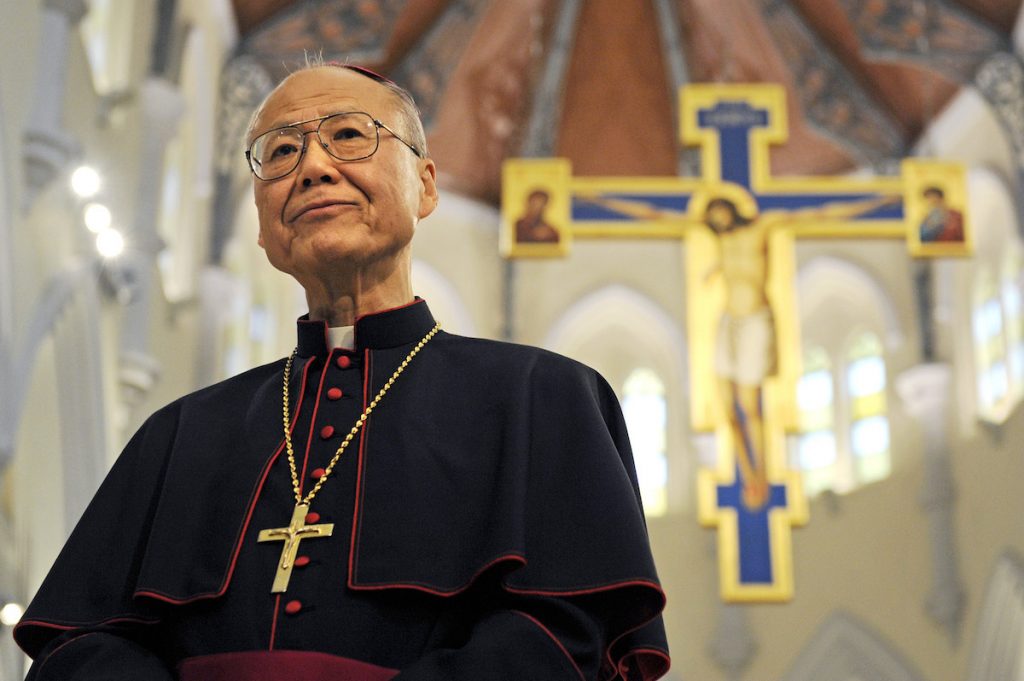
In April last year, the Vatican started consultations with 60 members of the local Church as part of the process to select a new bishop.
The consultation was later expanded, with the Vatican sending questionnaires to more members of the clergy and lay people who were selected at random.
“It asked them who they thought was the right man for the job,” the Post’s source said, adding that the first round of consultations was completed in June last year.
In September this year, Cardinal Joseph Zen Ze-kiun, retired prelate of Hong Kong, made a personal appeal to the pope to hasten the appointment of a new bishop.
The 88-year-old bishop emeritus flew to the Vatican on the eve of the renewal of a controversial agreement between the Holy See and Beijing.
He said the appointment of a new bishop for Hong Kong would play a crucial rule in the Vatican’s relationship with China.
“I hope [the pope] remembers all [his pronouncements] and really gives us a good bishop and not to pay too much importance to the political aspect of the problem,” the cardinal said in a media interview.
He said that early in Pope Francis’ pontificate, he gave many recommendations what a good bishop should be like.
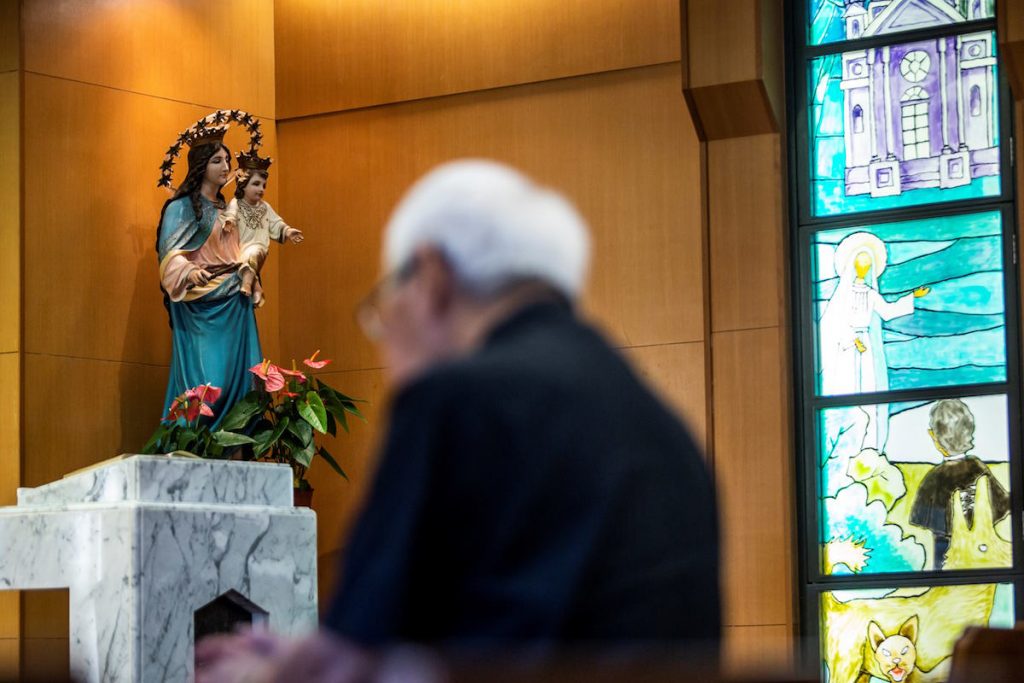
Candidates
Several names had earlier cropped up as possible contenders to lead the Church in Hong Kong.
A report from the Catholic News Agency in June, however, said the Vatican has given “final approval” to the appointment Father Peter Choi Wai-man, who is seen by people in Hong Kong as “too sympathetic” to the Chinese government in Beijing.
Father Choi is known to be close to Cardinal Tong and is said to have a good working relationship with Chinese authorities both in the mainland and in Hong Kong.
Father Choi was born in Hong Kong in 1959 and was ordained priest in 1986. He is vicar general of the diocese since October 2017 and leads the ongoing formation for both clergy and laity.
He is also head of the ecumenical and inter-religious dialogue body for the diocese and serves as the dean of Hong Kong’s Catholic seminary.
In several media interviews, Cardinal Zen expressed concern over the possible appointment of Monsignor Choi as the next prelate of Hong Kong.
He said Monsignor Choi, if appointed bishop, “would be a catastrophe for the Church in Hong Kong.”
“It will spell disaster for decades to come,” he said, adding that the monsignor is seen as the choice of Beijing.
Cardinal Zen warned that the appointment of Monsignor Choi will draw negative reactions from the faithful and might create a division in Hong Kong’s Church.
Another name that cropped up as front-runner for the vacant seat in the diocese is that of Auxiliary Bishop Joseph Ha Chi-shing who has appeared at pro-democracy protests and demonstrations.
In an interview last year at the height of pro-democracy protests, Bishop Ha urged the people to pray and fast for peace.
He expressed hope that prayers will help transform Hong Kong’s protest areas into “a channel of God’s peace.”
“I do worry about the safety of the protesters, especially the young ones,” he said.
“Youth is not just our future, they are also our present as Pope Francis said. Feeling sad, helpless and sometimes even furious is not unusual. However, we must prevent sadness developing into hopelessness, prevent anger turning into hatred,” he added.
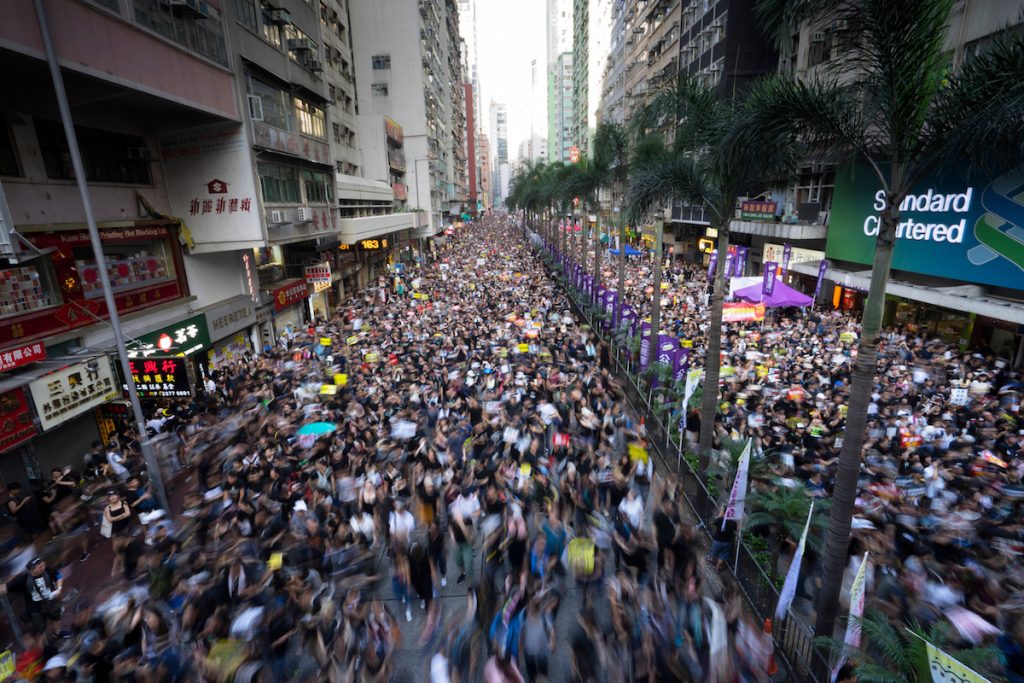
Bishop Ha said that the Catechism of the Catholic Church and Social Teachings “obliged (Catholics) to participate in improving our community and [speak] out when there’s injustice.”
The Catholic News Agency earlier reported that Bishop Ha was the Vatican’s first choice to be the next bishop of the territory.
The report said Pope Francis had formally approved the appointment only to have to reverse the decision before it was announced after Bishop Ha was seen “in the front lines of a major demonstration.”
“[Cardinal Fernando] Filoni [then prefect of the Congregation for the Evangelization of Peoples] had to reverse the decision,” a source told the Catholic News Agency.
Bishop Stephen Lee Bun-sang was also a contender to lead the Diocese of Hong Kong until he was named bishop of neighboring Macau.
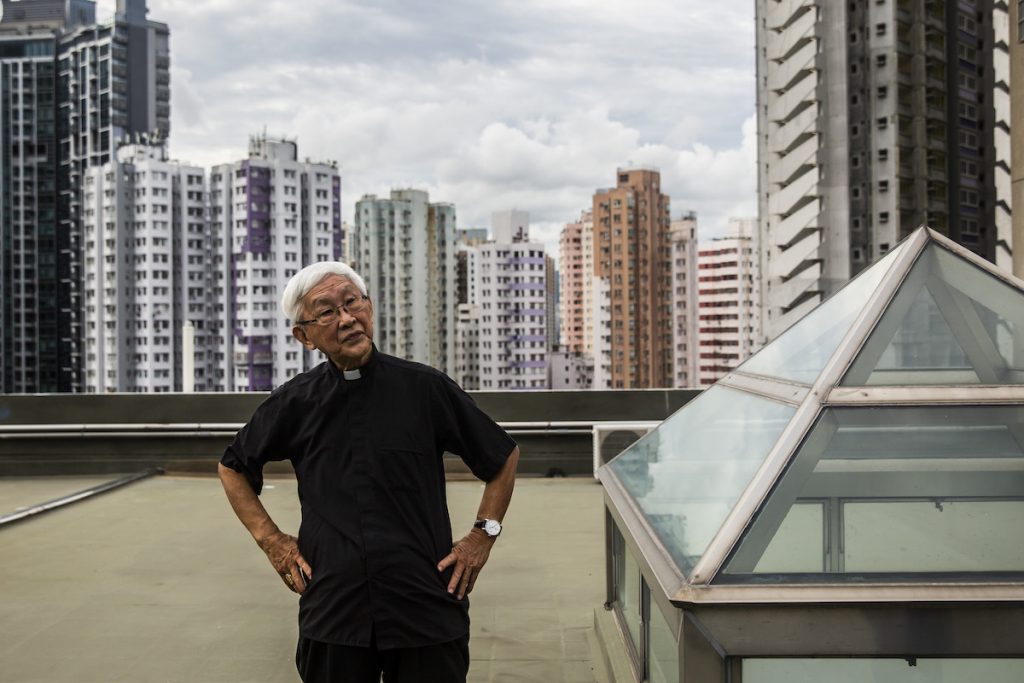
Cardinal Zen earlier called on Pope Francis and Cardinal Luis Antonio Tagle, prefect of the Congregation for Evangelization of Peoples, to leave aside “maybe some political consideration” in the appointment of a new bishop.
Cardinal Tagle’s office is supposed to provide the pontiff with recommendations on the appointment of bishops.
“I think the people in Hong Kong deserve a good bishop,” said Cardinal Zen.
There are more than 300 priests in Hong Kong, most of whom are members of religious orders, serving a diocese of more than 600,000 Catholics.
In October, the Vatican and Beijing renewed an agreement on the appointment of bishops in China as the Vatican promised to push the communist government to allow more freedom of religion.
The accord gives the pope the final say over the appointment of Chinese bishops, and the Chinese government allows all of them, including those hailing from a state-backed Church, to recognize the pope’s authority.

